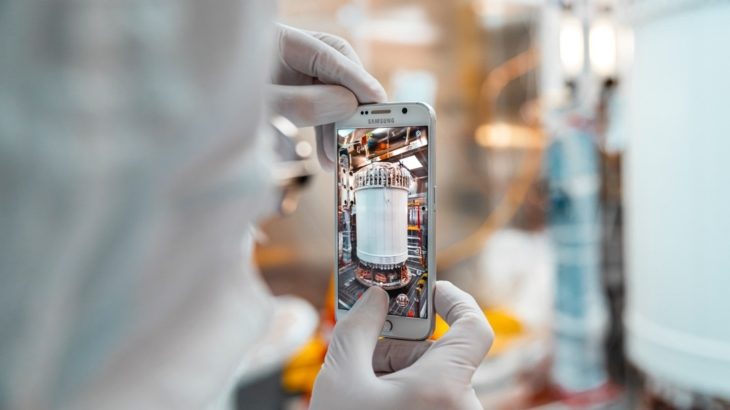SES members to receive £24m for particle physics research

Imperial College London is to receive the biggest share of a £60m investment in particle physics research with five other SES members also benefitting from the Science and Technology Facilities Council (STFC) funding.
This funding is intended to help keep the UK at the forefront of answering some of the biggest and most complex questions in science and supports the next generation of UK particle physicists.
A total of 18 universities are receiving the funding including six SES members, with Imperial College London receiving £7.64m.
- Kings College London £0.68m
- University College London £4.34m
- University of Oxford £7.06m
- Imperial College London £7.64m
- Queen Mary University of London £1.83m
- University of Cambridge £2.67m
Particle physics studies the world at the smallest possible distance scales and the highest achievable energies, seeking answers to fundamental questions about the structure of matter and the composition of the universe.
UK researchers – including scientists based at SES member universities – contributed to the Nobel Prize winning detection of the Higgs boson ten years ago. Now the community of particle physicists are working on a host of questions about the university and what it is made of
STFC funds UK particle physicists working on a wide range of experiments globally.
Through the grants, the council supports UK researchers working in CERN and its Large Hadron Collider (LHC) detectors, including:
- A Toroidal LHC Apparatus (ATLAS)
- Compact Muon Solenoid (CMS)
- Large Hadron Collider beauty (LHCb)
- NA62
Professor Grahame Blair, STFC executive director for programmes, said: “The grants are vital in supporting technicians, engineers and academics in their skills and expertise in the field, all while encouraging career development in fundamental research with both universities and international collaborators.”


